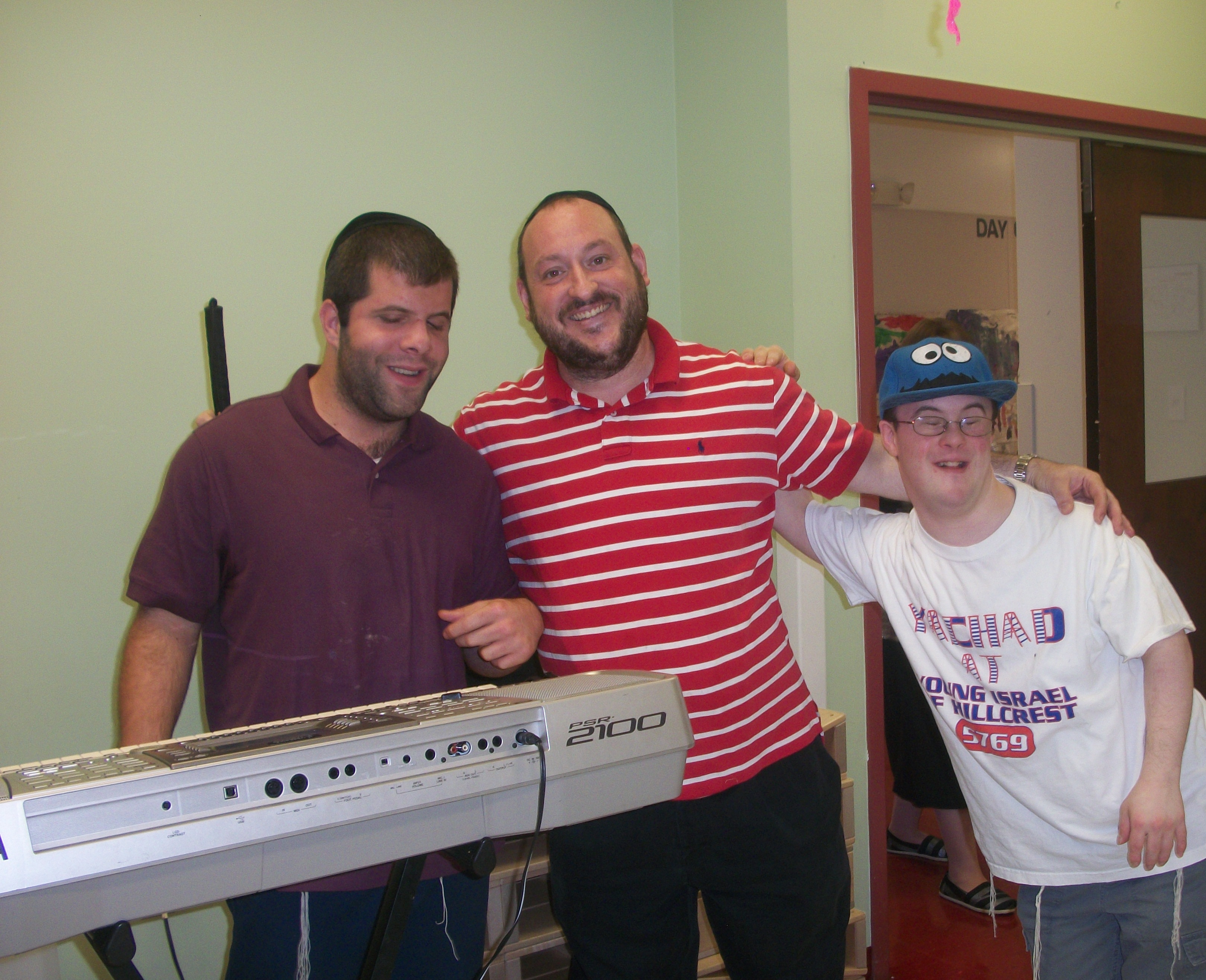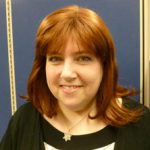
Jewish Self-Advocacy Education
By: Rachel Delman Turniansky
“Rabbi Hillel asked: If I am not for myself, who is for me? If I am only for myself, what am I? If not now, when?” – Pirkei Avot (Ethics of Our Fathers 1:13)
Wrightslaw gives the following definition of self-advocacy:
“… learning how to speak up for yourself, making your own decisions about your own life, learning how to get information so that you can understand things that are of interest to you, finding out who will support you in your journey, knowing your rights and responsibilities, problem solving, listening and learning, reaching out to others when you need help and friendship and learning about self-determination.”
There are times when well-intentioned professionals and family members have a dominating voice when it comes to decisions that impact the lives of people with disabilities (PWD), as opposed to allowing them to self-advocate. I feel that thee Jewish community needs to support the development of self-advocacy and leadership skills in a Jewish context. The need for self-advocacy education that includes Jewish middot (values) is significant. Jewish life centers around family and community connections. People with disabilities are often left on the sidelines when it comes to participating in Jewish life.
A Jewish self-advocacy training program is being piloted through Baltimore’s TAG program. TAG is a division of Gesher LaTorah, a community-based Jewish education program for students with disabilities facilitated by the Macks Center for Jewish Education. TAG stands for Torah, Avodah v’Gimilut Chassadim – Torah learning, prayer and acts of loving kindness. Self-advocacy through a Jewish lens starts with cheshbon hanefesh (self-reflection). In thinking about Hillel’s wise words, we need to first think about who we are and how we want to fit into the Jewish world. TAG participants develop their Jewish identity and build connection to the community. They work on improving communication skills and goal-setting as well as how to voice their needs in a variety of situations. Students learn how to navigate the world using the Jewish values emulated by the name of the TAG program, along with others such as kavod – respect, derech eretz – showing good manners and being a “mensch”, and b’tzelem E’lokim – people are created in God’s image. Growing as a person and as a Jew is an important step towards advocating for acceptance.

Benyamin Waldman, Nechemya Jakobovitz and Mordechai Cohen enjoy learning and laughing together at Gesher LaTorah.
Exploring the Jewish community and learning how to interact with others are also components. Students spend time discussing various aspects of what it means to be a member of the Jewish community and ways to strengthen their relationships with others. Through hands-on learning, role playing and multimedia experiences, students embrace v’ahavta l’reyecha k’mocha – love your neighbor as yourself and rodef shalom – pursue peace, while learning to interact in a variety of situations. Developing social skills and leadership qualities leads to building confidence and independence.
Many Jewish communal agencies are fortunate to have programming, support and advocacy for people with disabilities. It’s time for these Jewish professionals to understand that true support must be with the PWD. To echo the message of many disability advocacy groups, an important component to this effort is embodied in the phrase: “Nothing About Us Without Us.” With the proper tools and support, PWD can explore their own strengths and challenges and become self-advocates. People with disabilities are the primary stakeholders in creating a culture of inclusion throughout the Jewish community. As self-advocates, people with disabilities can join with advisors and allies to lend their voice to the endeavor to ensure their rightful place as members of our kehillah – community.
Through the support of the #MakeItHappen grant (a joint partnership of the Schusterman and Ruderman Family Foundations) TAG implemented a Jewish Self-Advocacy Program in which students are developing self-awareness, leadership and Jewish identity. Learn more about Gesher LaTorah by Liking them on Facebook.
About the author Rachel Delman Turniansky is the Coordinator of Special Needs Programs at the Center for Jewish Education and Principal of Gesher LaTorah. The TAG – Torah, Avodah, v’Gimilut Chasadim program is the adult Jewish education program under the auspices of Gesher LaTorah.
Stay Included
To stay up to date on our most recent advocacy efforts, events and exciting developments, subscribe to our newsletter and blog!
















